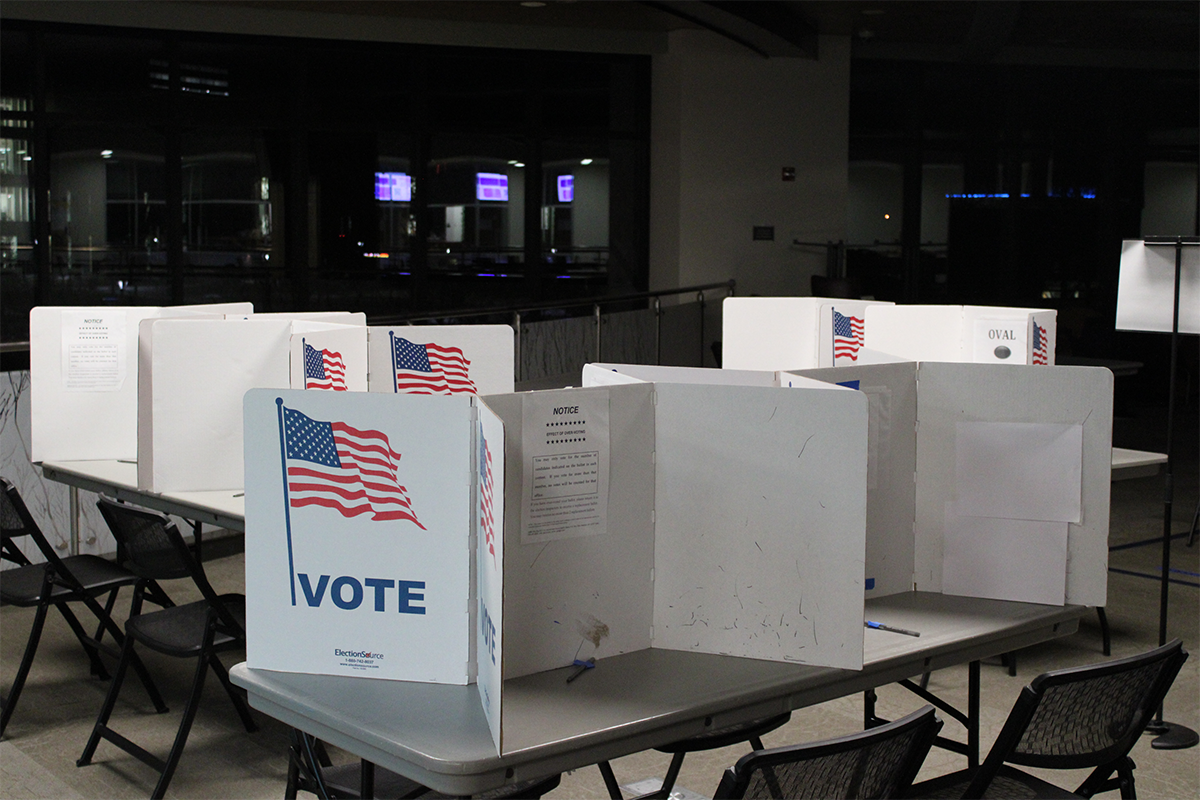 Kevin Gisi
Kevin GisiOvercrowding in residence halls has pushed 208 students into area hotels this fall, marking the highest number of students living in hotels in more than 10 years, according to information provided by the the university’s housing director.
That number has fluctuated over the years, said University Housing director Chuck Major, who provided The Spectator with a spreadsheet showing hotel-student occupancy statistics since the mid-1990s. The last time more than 208 students were sent to live in hotels was in the fall of 1998, when 272 students lived in hotels.
About 104 students lived in hotels last fall, and zero students lived there the previous fall.
“A lot of it depends on the amount of upper-class students who decide to stay on campus,” Major said. “The freshman class stays pretty much constant with the numbers that want to live on campus.”
Major said students this fall are living in The Plaza Hotel & Suites, 1202 W. Clairemont Ave., and in the Americas Best Value Inn, 809 W. Clairemont Ave.
He also said students in hotels pay the same residence fee that students living in residence halls do, and that the city bus service runs buses to the hotels during the day and the Housing and Residence Life office operates a shuttle between campus and the hotels at night.
Junior Emily Jensen, a resident assistant at The Plaza, said her residents have offered mixed reviews about living off campus. She said some have complained about the distance they have to travel to get to class, which she said can be about a 20- to 25-minute walk.
“I’ve also had some e-mail me about not being able to make friends and stuff just because it is more difficult,” Jensen said.
Meghan Ryan and Bailey Boelter, both freshmen living in The Plaza this semester, said being at the hotel has made it difficult to make friends.
But they also said living in the hotel comes with perks, too.
“Well, you have the hot tub, the pool -” Ryan said.
“- a huge bed,” Boelter interjected.
“Queen-size,” Ryan added.
Private bathrooms, air conditioning and an exercise room also add to the perks, both freshmen said.
The university’s 11 residence halls have space for 3,905 students, said Major, who added that he believes building another apartment-style residence hall, similar to Chancellors Hall, could help offset the demand for hotel rooms.
But another university official said he isn’t sure a new residence hall is needed. Rick Gonzales, campus planner, said he thinks the university should study housing issues more closely before deciding that a new hall is needed.
The hotel occupancy data provided by Major shows that students often are sent to live in hotels during the fall, but that there usually are no students living there the following spring.
Gonzales said he isn’t sure what causes the semester-to-semester fluctuation, and that a study to determine whether and why students are leaving the residence halls each spring could help determine if there is enough demand for on-campus housing to warrant a new facility.
“I wish I knew that if we were to build 300 units, that people would be so excited that we would fill it and it would be filled both semesters,” Gonzales said, before adding he is not sure that would be the case.






